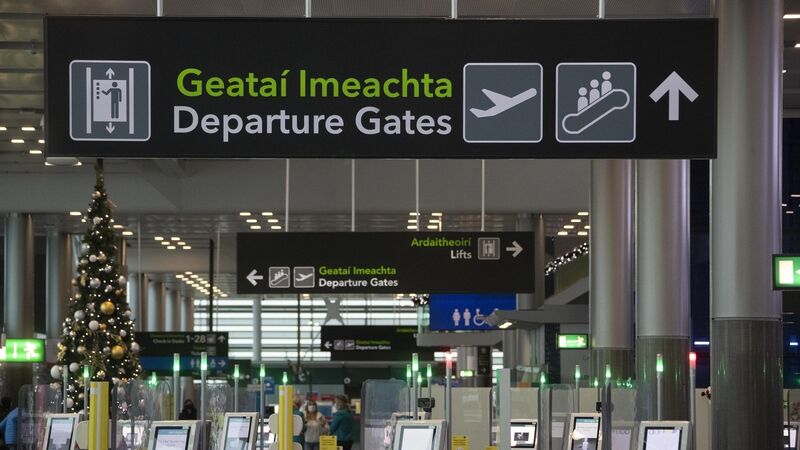Q&A: When can I travel to Australia and what will I need?

Currently, return flights to Sydney from Dublin on February 21 range from €1,920 to €910. Photo: Colin Keegan
Australia will officially reopen its borders to vaccinated travellers this month, bringing an end to the strict border controls.
The latest development will allow Irish people to reunite with family in Australia and to plan a trip 'Down Under' for the first time in two years.










